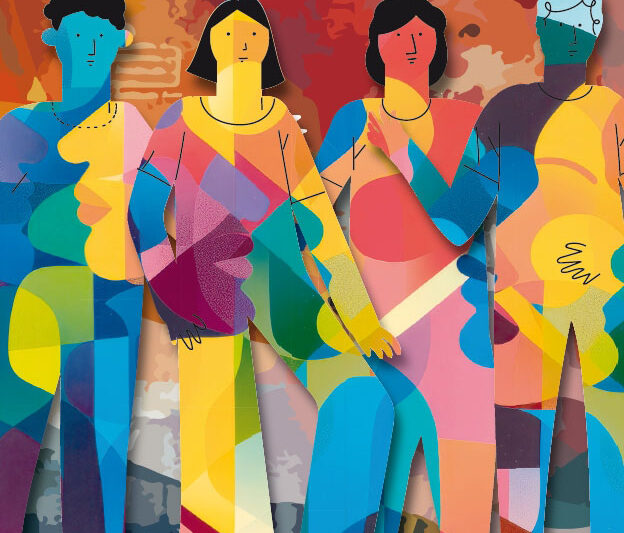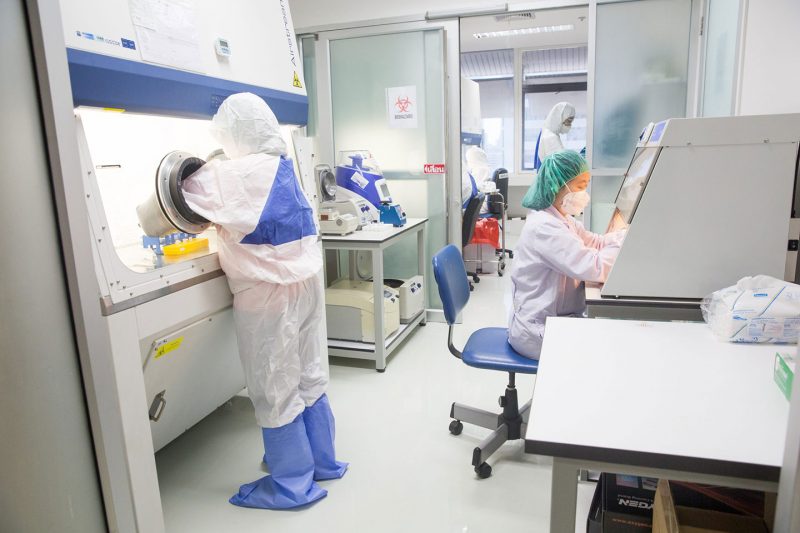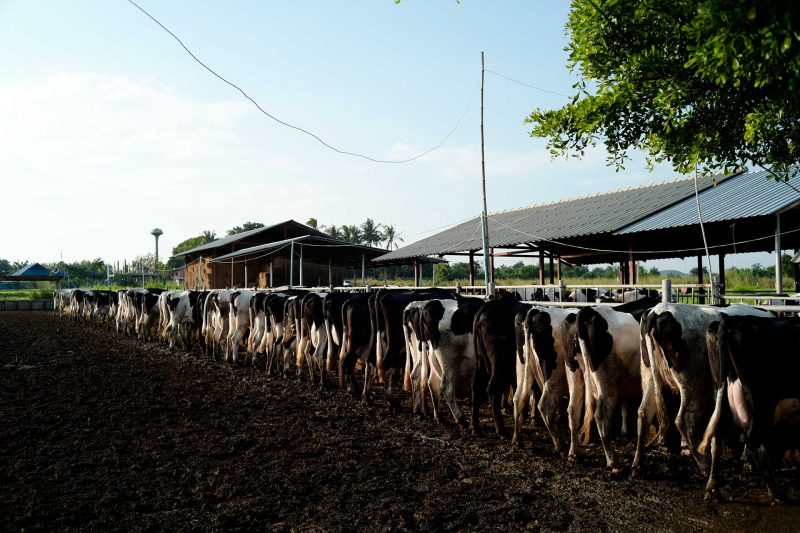Chulalongkorn University and the Moken Community: Developing Cultural Ecological Capital for Sustainable Tourism
From 6–8 September 2025, faculty members and students from the project “Developing the Cultural-Ecological Capital of the Moken Ethnic Group for Sustainable Tourism”, organized by the Faculty of Arts in collaboration with the Faculty of Economics, the Institute of Thai Studies, and the Institute of Asian Studies, Chulalongkorn University, conducted fieldwork in Thai Mueang and Takua Pa Districts, Phang Nga Province. The team explored the local context, studied natural resources, and engaged in discussions with local leaders and members of the Moken ethnic community to co-develop strategies for eco-cultural tourism that are environmentally responsible and aligned with community ways of life.
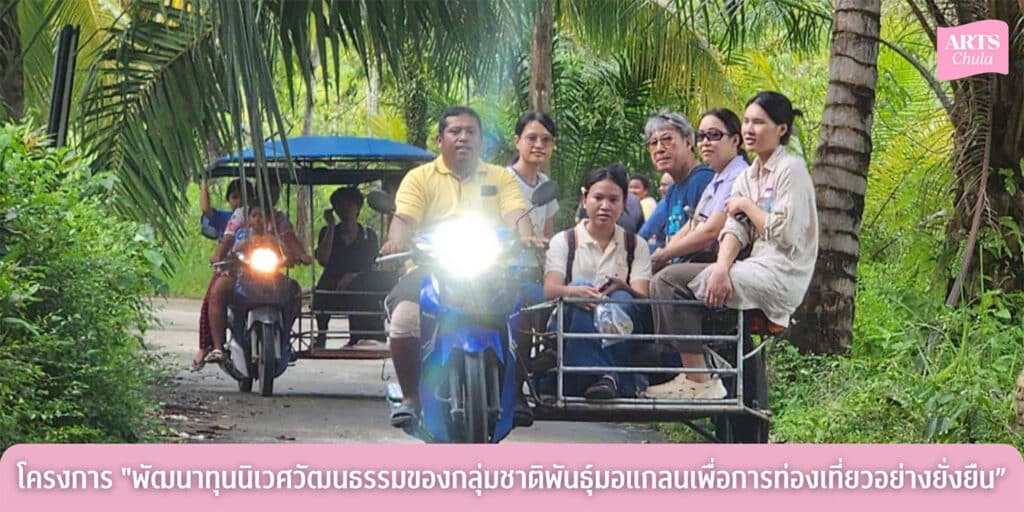
During the visit, the project team participated in various community-based learning activities such as tasting traditional Moken cuisine, studying coastal and mangrove ecosystems, and joining local learning stations along community tourism routes. The insights and experiences gained will serve as a foundation for designing eco-cultural tourism models that respect local lifestyles, maintain environmental balance, and promote sustainable land management in the Andaman coastal area.
The project aims to collaborate with the Moken community in Phang Nga to develop sustainable tourism based on their rich cultural and ecological capital. It also seeks to build essential skills among community members—such as storytelling, website management, financial planning, and foreign language proficiency—to strengthen their capacity in managing eco-cultural tourism. The initiative also offers Chulalongkorn University students from various disciplines, including Arts and Economics, opportunities to participate in field research, create promotional media, and assist in community training sessions, representing genuine knowledge integration between the university and local communities.
The Moken people in Phang Nga have long lived in close harmony with the Andaman coastal ecosystem, possessing traditional wisdom in coastal resource management, small-scale fisheries, and handicrafts that reflect their unique cultural identity. However, modern economic and social changes have threatened their traditional ways of life and linguistic–cultural heritage.
In response, Chulalongkorn University has collaborated with the Moken community to implement hands-on learning processes through various training and community activities, all provided free of charge throughout the project, such as:
- Storytelling and information management workshops – enabling the community to share their own stories and create tourism communication media;
- Financial and marketing management training – to strengthen the community’s economic resilience;
- Designing and developing a community museum and eco-cultural tourism map – connecting visitors with the area’s natural resources and cultural heritage.
These initiatives go beyond academic knowledge transfer; they foster a participatory learning process between the university and the community, enhancing understanding of sustainable land and resource management for tourism. This collaboration empowers local residents to utilize coastal lands appropriately—protecting ecosystems while preserving their distinct cultural identity.
[ https://www.arts.chula.ac.th/th/arts-activities/2025/09/24/21433/ ]
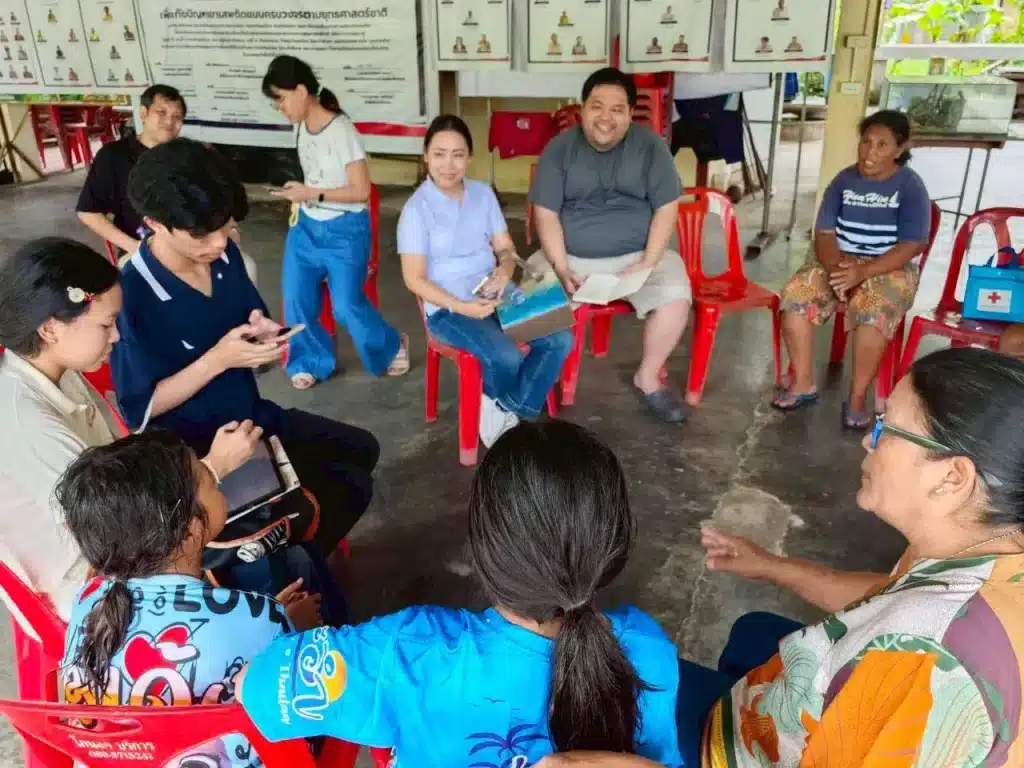
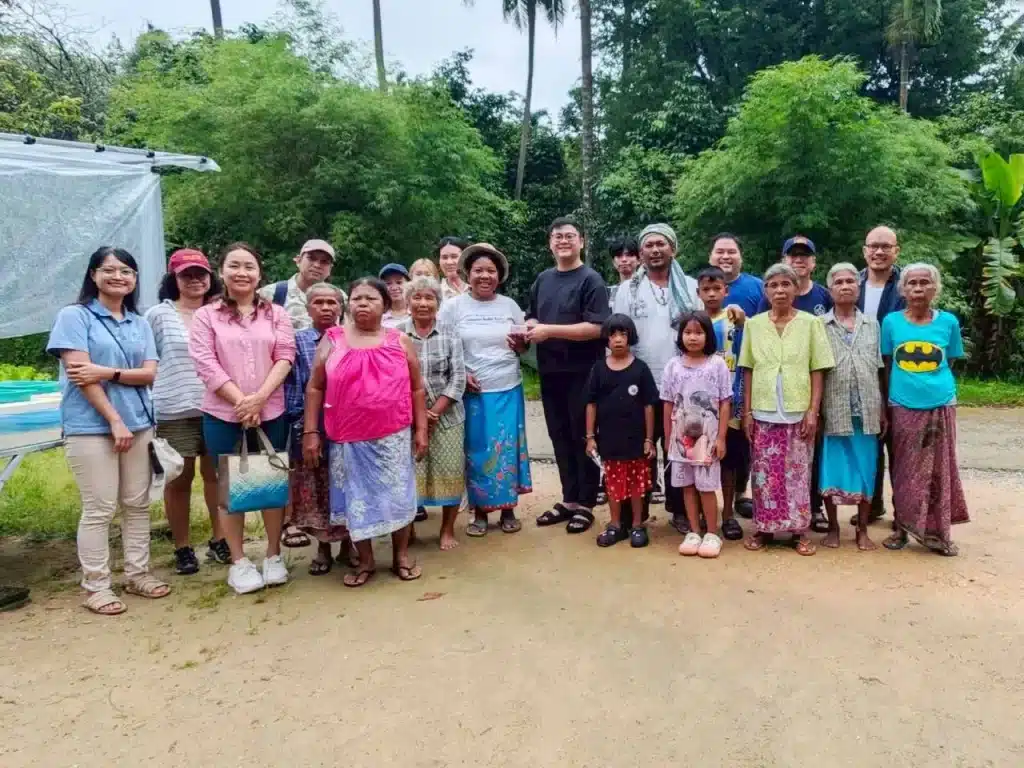
By
- Faculty of Arts, Chulalongkorn University
- Faculty of Economics, Chulalongkorn University
- Institute of Thai Studies, Chulalongkorn University
- Institute of Asian Studies, Chulalongkorn University
Others
Smart Farming for Thai Dairy Producers
Research in Saraburi into the challenges of tropical climate helping to improve milk quality


